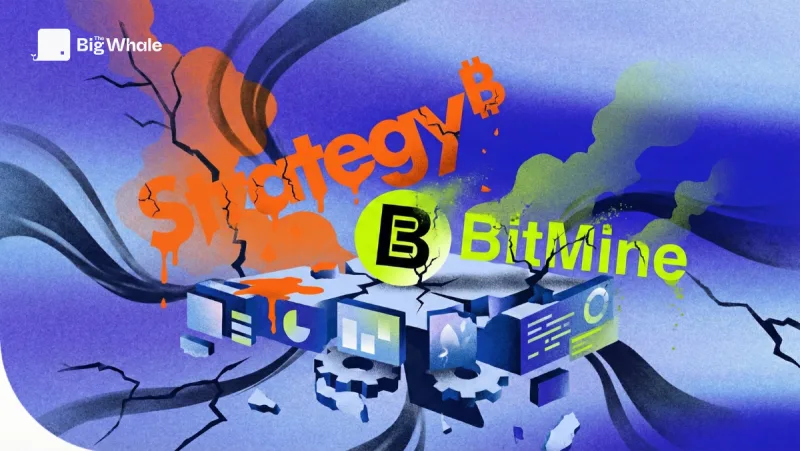Ethereum Improvement Proposal Aims to Reduce Block Times and Enhance User Experience

- A new Ethereum Improvement Proposal (EIP) aims to reduce block times by 33% and increase data capacity.
- EIP-7781 would increase overall throughput by 50% and improve the base layer of the Ethereum network.
- The proposal would distribute bandwidth usage over time, lower peak bandwidth requirements, and improve user experience.
- Ethereum Foundation researcher Justin Drake supports the EIP, stating it aligns with broader goals.
- Shorter block times could pose challenges for solo stakers and require more powerful hardware and bandwidth.
- The EIP comes after discussions on reducing the minimum amount required to become a validator on Ethereum.
Summary :
A new Ethereum Improvement Proposal (EIP) called EIP-7781 aims to reduce block times on the Ethereum network from 12 seconds to 8 seconds, increase data capacity, and improve overall throughput by 50%. This proposal, introduced by Ben Adams of Illyriad Games, would distribute bandwidth usage over time, lower peak bandwidth requirements, and enhance the user experience of Ethereum smart contracts. Ethereum Foundation researcher Justin Drake supports the EIP, stating that it aligns with broader goals proposed by Ethereum co-founder Vitalik Buterin and scaling organizations. Drake also believes that reducing block times would make decentralized exchanges like Uniswap v3 more efficient and save money in arbitrage. However, some developers caution that shorter block times could pose challenges for solo stakers, as it may require more powerful hardware and bandwidth. Despite this concern, the proposal is generally seen as reasonable as long as the gas limit per block remains unchanged. It is worth noting that increased requirements for stakers could impact Ethereum's long-term decentralization goals. This EIP comes shortly after Buterin discussed the possibility of reducing the minimum amount required to become a validator on the Ethereum network.
Sources :
- CoinTelegraph



